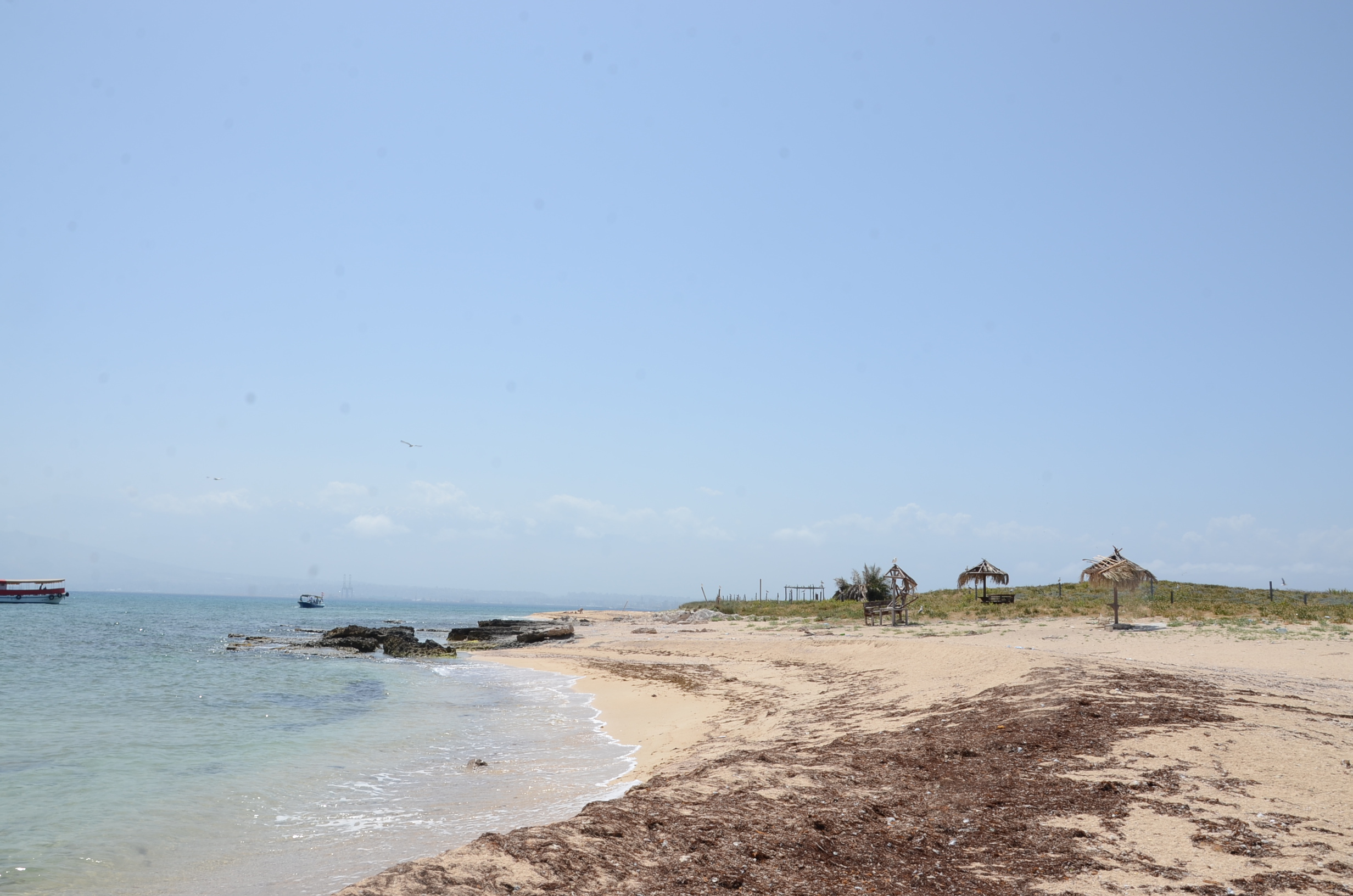Becoming a responsible boat captain for marine conservation involves prioritizing the well-being of marine ecosystems and minimizing the impact of your vessel’s activities. Here are key points to consider
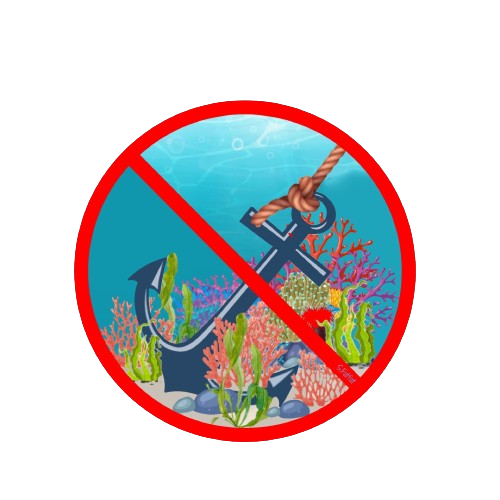
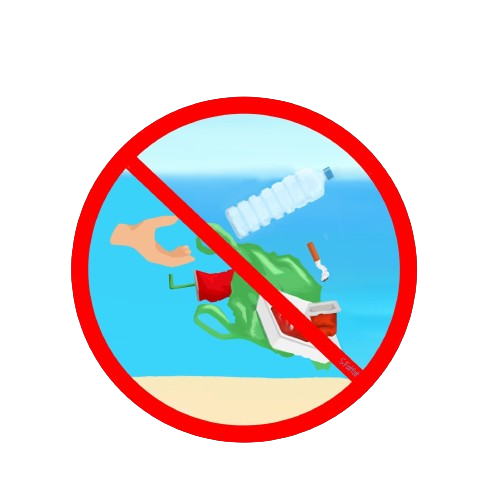
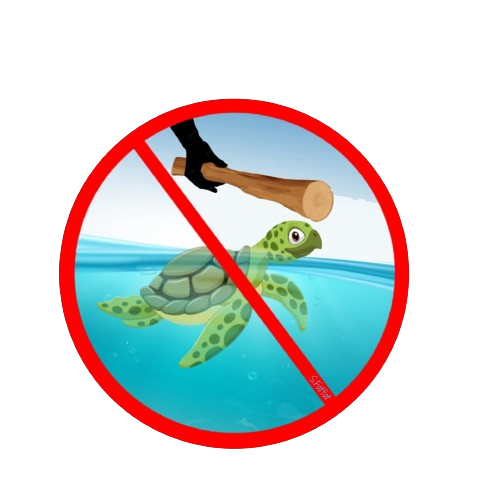
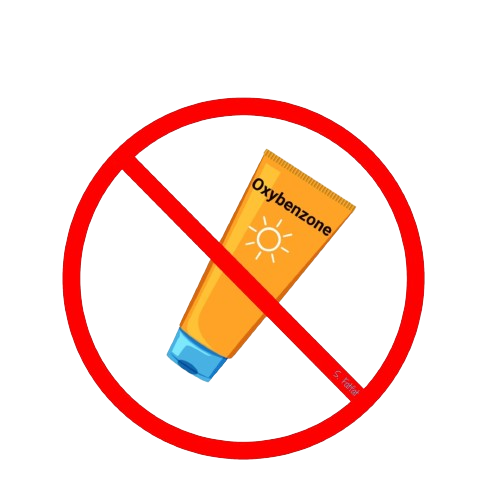
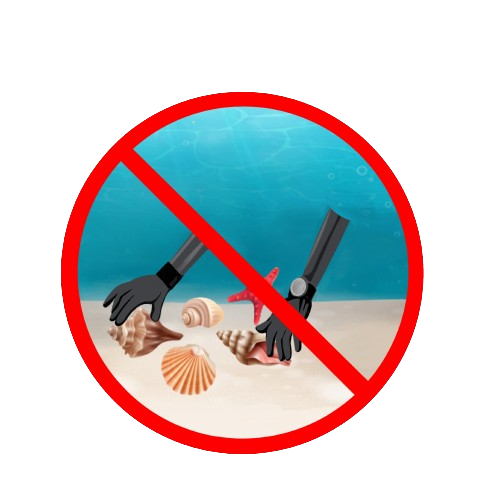
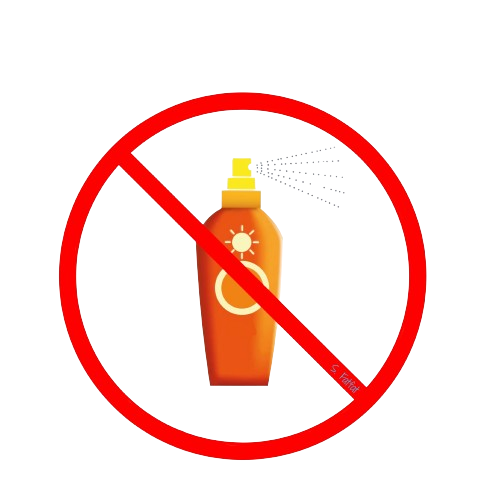
Education
Learn about local marine environments, wildlife, and conservation efforts. Understand the regulations and guidelines that apply to boating in those areas.
Sustainable Boating Practices
Adhere to designated boating channels, speed limits, and no-wake zones to prevent damage to sensitive habitats and marine life.
Avoid Anchoring on Coral Reefs
Use mooring buoys or anchor in sandy areas to avoid damaging fragile coral reefs and seagrass beds.
Prevent Pollution
Properly manage waste, including sewage, oil, and trash. Install and maintain marine sanitation devices to minimize pollution risks
Reduce Noise Pollution
Operate your boat at lower speeds and maintain quiet engine practices to minimize disturbance to marine animals like whales and dolphins.
Wildlife Viewing
Maintain a respectful distance from marine animals, especially sensitive species. Avoid approaching too closely, chasing, or feeding them.
Respect Marine Protected Areas
Obey regulations for marine protected areas, no-fishing zones, and no-entry areas to help conserve delicate ecosystems.
Educate Passengers
Inform your passengers about responsible boating and marine conservation practices, emphasizing the importance of respecting marine life and habitats
Report Wildlife Sightings
Contribute to scientific research and conservation efforts by reporting sightings of rare or protected marine species.
Lead by Example
Set a positive example for fellow boaters by following all marine conservation guidelines and encouraging others to do the same.
By practicing these principles, you can be a steward of marine conservation while enjoying your time on the water as a responsible boat captain.
